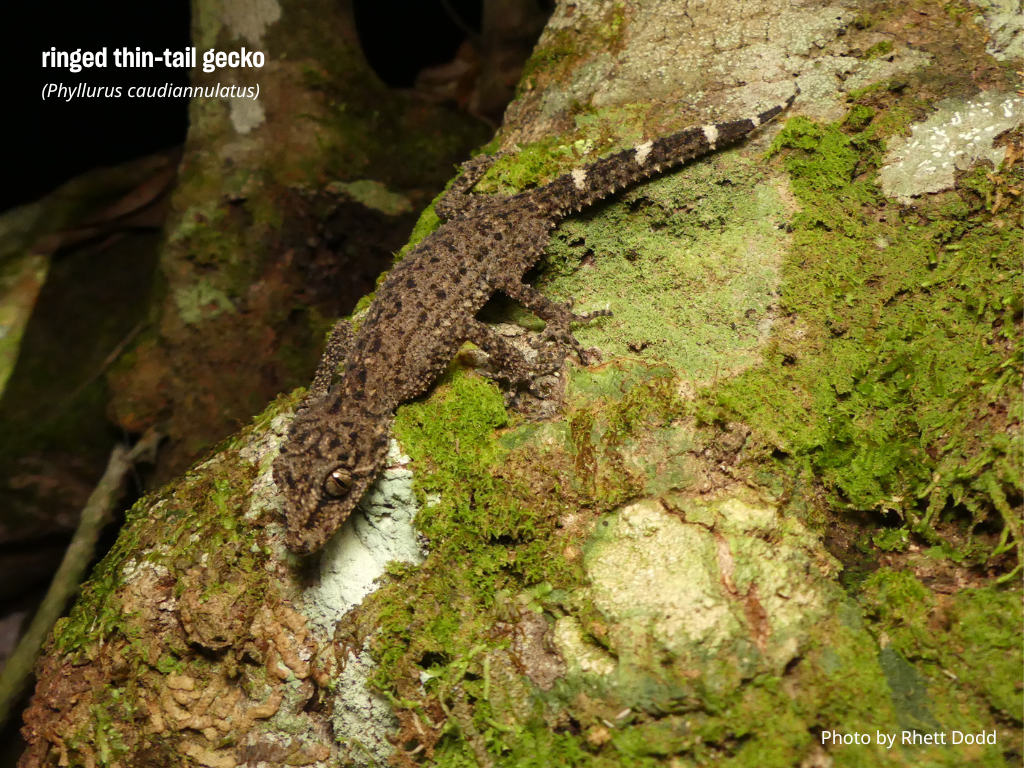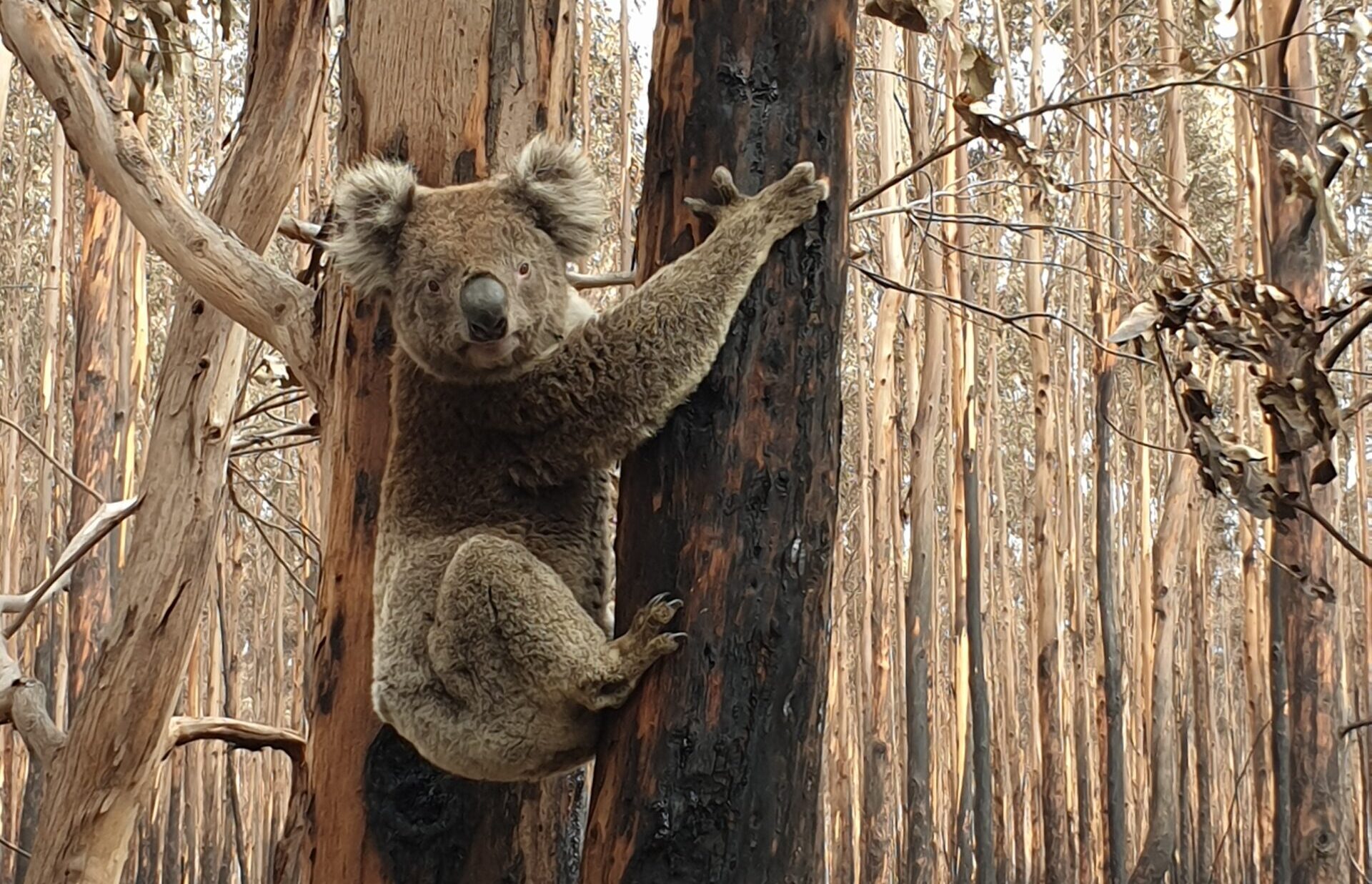Later this month, two Humane World for Animals Australia biologists, Dr Renae Charalambous and Lawrence Chlebeck, will travel to the ancient city of Samarkand, Uzbekistan to attend the 20th Meeting of the Conference of the Parties (CoP) for the Convention on the International Trade in Endangered Species (CITES). As strange...
Now that we’re feeling the new season chills in the air and you might be browsing online for a new warm winter woolly for the cooler months ahead, let’s ensure we support kinder farming practices at the same time. So if you love wool and you love animals too, the most important thing to be aware of is a practice called ‘mulesing’.
Traditionally, Australian Merino sheep have been bred with wrinkled skin and in our fly-ridden climate, this makes them prone to a condition known as ‘flystrike’.
Flystrike is extremely painful so to prevent it, many Australian wool growers mules their lambs during their first year of life. ‘Mulesing’ is a one-off procedure where areas of wrinkled skin are literally sliced off from the rear end of the sheep, often without pain relief. An estimated 13-20 million Merino lambs are mulesed across Australia each year.
Consumers in Australia are becoming increasingly aware of the many animal welfare issues associated with food and clothing production, and the wool industry is no exception. Animal welfare conscious consumers are demanding non-mulesed wool.
Luckily both flystrike and mulesing can be avoided. Wool growers can transition their farming practices and stop mulesing by breeding flystrike resistant sheep without fly prone wrinkles—these smooth-skinned, plain-bodied sheep also produce high quality and highly sought after wool, so it’s a win-win solution for the farmers.
As the wrinkled skin is a heavy load for the sheep to carry around, wool producers find plain-bodied wrinkle-free sheep are much more energy-efficient and more suited to the Australian climate, coping better with temperature extremes and drought. Many wool growers have transitioned their flocks and are meeting the growing demands for non-mulesed wool from Australia and overseas and achieving a price premium for their efforts.
Thanks to the changing consumer demands numerous global brands and retailers are changing their policies and committed to phasing out mulesed wool. Humane Society International has been talking to several Australian retailers including Country Road Group, David Jones, Target and Kmart, about this issue and we welcome their recently announced commitments to move away from mulesed wool. Other major brands and retailers including H&M, Marks & Spencer, Adidas, Next, Hugo Boss and Abercrombie & Fitch have already made their commitments and support non-mulesed wool producers.
Our ‘Don’t Cut Our Butts’ petition calling for Australian brands and retailers to stop sourcing mulesed wool has already gained thousands of signatures and we invite you to add yours if you haven’t already done so. We are using it to encourage more to join the movement towards a non-mulesed nation. As a consumer your choices are powerful, and we are thankful that your compassionate decisions are helping to lead the way towards more ethical fashion.
Georgie Dolphin is a passionate animal advocate and has been part of the team at Humane Society International since 2012. She grew up on a farm in the UK and gained an honours degree in Animal Science at Leeds University. In her role as Program Manager for Animal Welfare, Georgie’s responsibilities include campaign work on donkeys, farm animals, free-range food labelling and the fur trade, as well as the operation of the organisation’s true free range program, Humane Choice.
Image credit: HSI Australia


